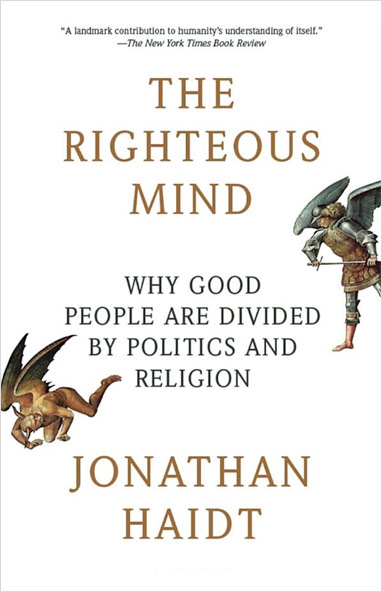
Higher Consciousness: The Brain’s Latent Capacities
Two modes of consciousness coexist within each one of us: normal limited consciousness, that enabled us to survive since the Ice Age, and a second mode of consciousness that, when developed, accesses a deeper, more comprehensive, “objective” understanding of the world and our place in it.
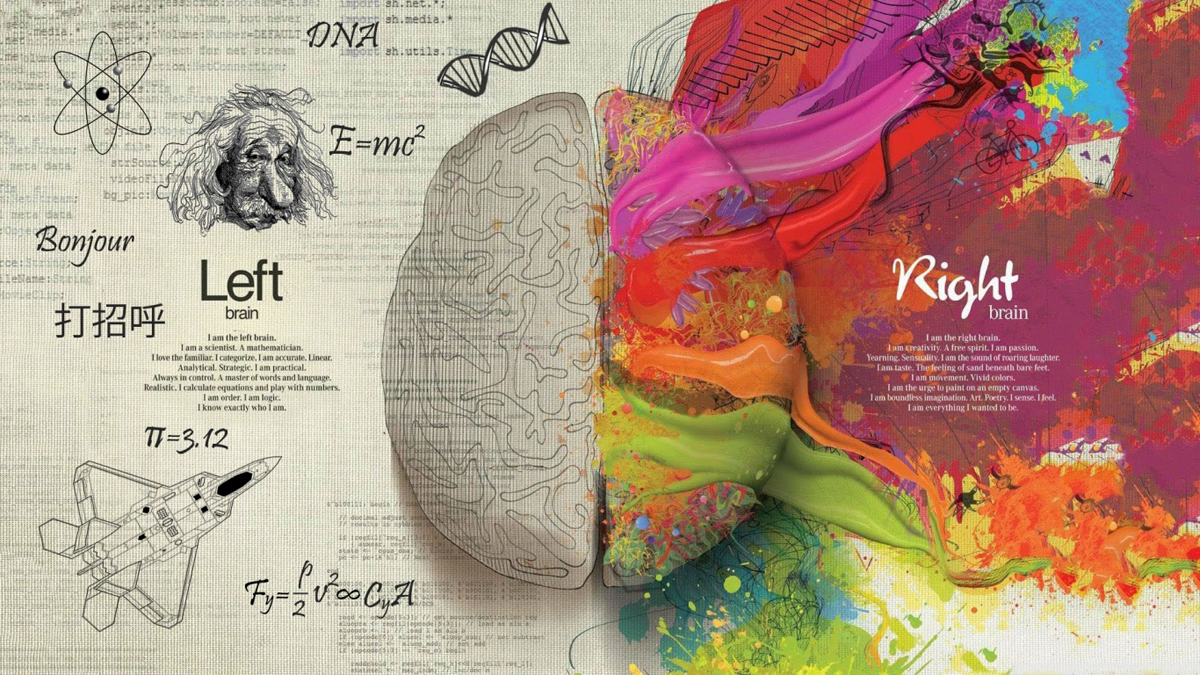
Our Brain’s Two Hemispheres
The lateral specialization of our brain’s two hemispheres not only enabled higher cognitive capacities for abstract thought, self-reflection and creativity; it also gave rise to a higher but embryonic cognitive ability, that we can consciously develop.
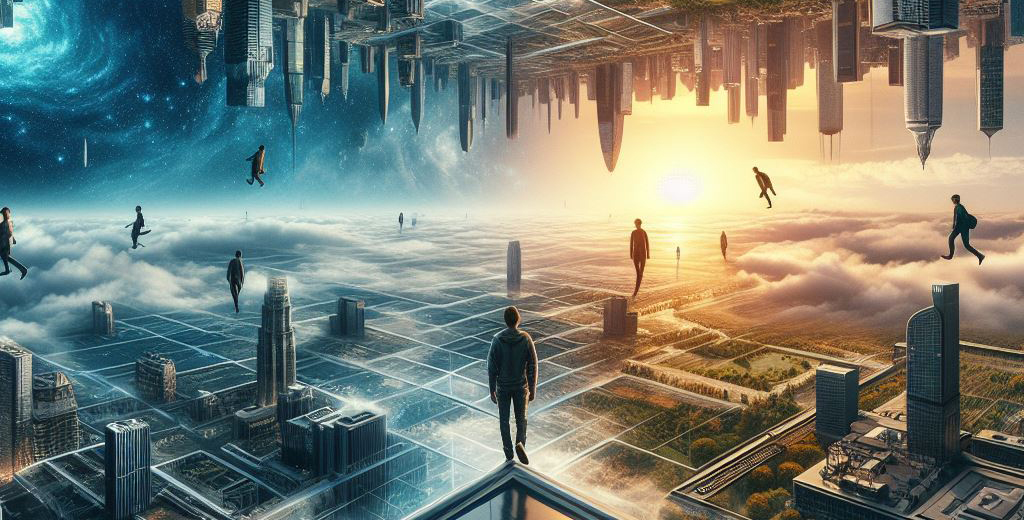
Humanity’s Next Step
We all possess a nascent, intuitive sense that is the basis of an expandable consciousness, and which is sometimes called “wisdom", “deep perception” or “direct perception,” or “seeing God.” Our collective future may depend on its development.

Transcendence: Activating Our Brains’ Latent Capacities
Transcendence is the activation of an alternate cognitive process that is embryonic in all of us, and which involves changing our conscious perception towards a higher organization.
More Featured Books
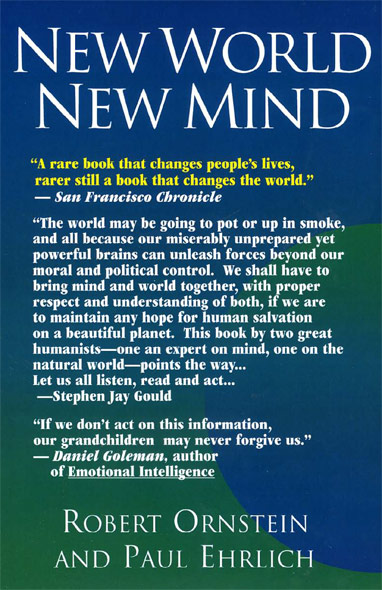
New World New Mind
Moving Toward Conscious Evolution
Robert Ornstein and Paul Ehrlich
Over millions of years, our minds evolved with quick reflexes to deal with sudden threats, which makes long-term threats like pollution and overpopulation invisible to us. Our survival now requires that we consciously evolve a new mind and new perceptions to adapt.
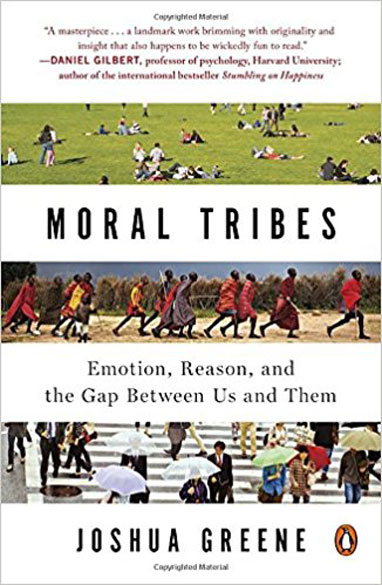
Moral Tribes
Emotion, Reason, and the Gap Between Us and Them
Joshua D. Greene
Our innate moral behavior evolved over millions of years to promote cooperation within our group. Each group has its own moral code, which provides a map for how individuals can live successfully within it. Our other innate tendency, to favor our group over all others, is something we need to understand and mitigate to address the existential challenges of our modern global society.
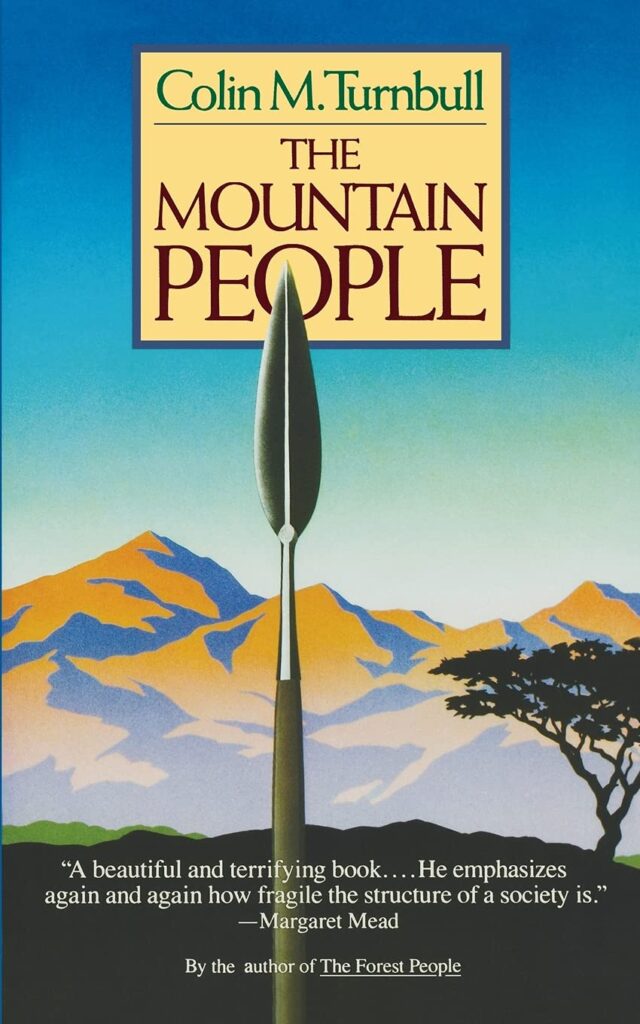
The Mountain People
Colin Turnbull
The story of the IK tribe of northeastern Uganda is a classic study of how a society’s concept of fairness and justice can quickly devolve when its people are cut off from their accustomed means of livelihood and forced to compete for their very survival.
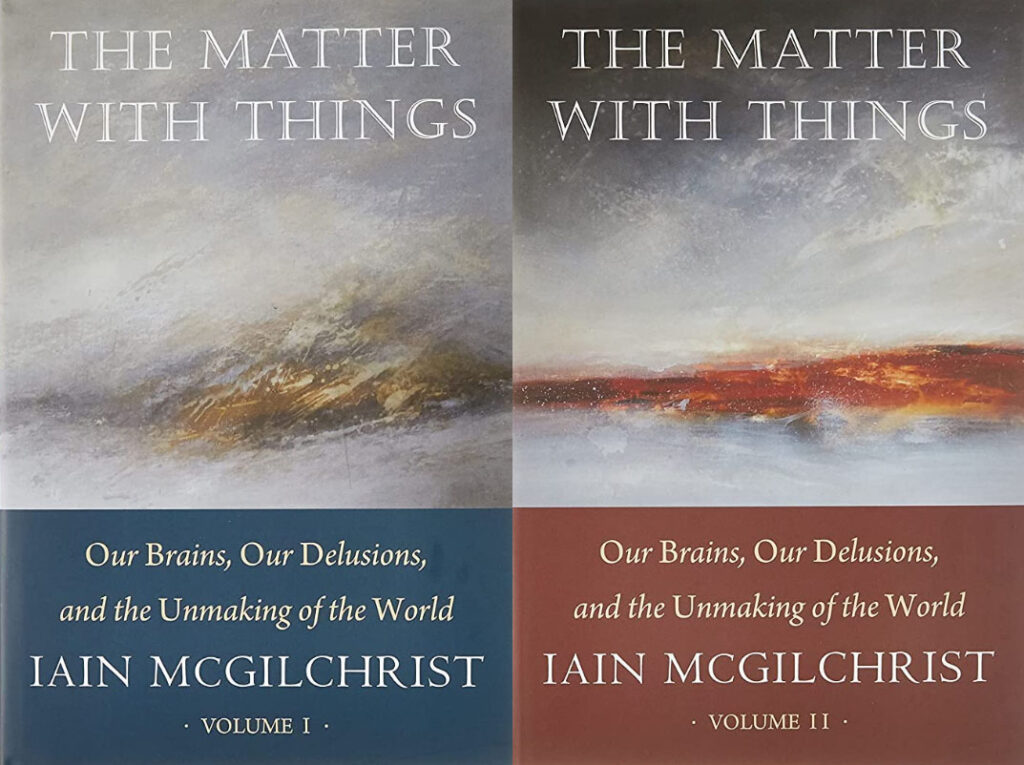
The Matter with Things
Iain McGilchrist
One of McGilchrist’s central points is that our society is one in which we rely on representations of the world as our way of knowing it. Scientific theories expressed in mathematical form, economic models, photographs – all re-present the reality they purport to describe.
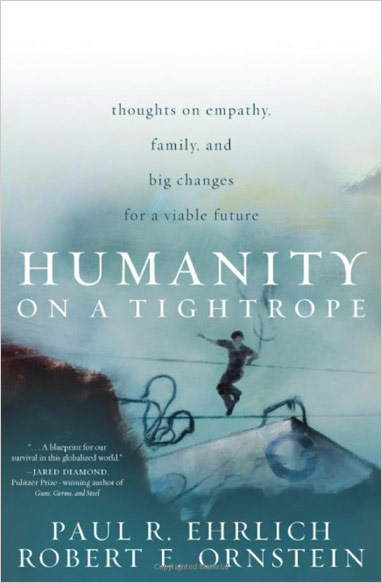
Humanity on a Tightrope
Paul Ehrlich & Robert Ornstein
Psychologist Robert Ornstein and biologist Paul Ehrlich join forces to explain why the human race has reached its current perilous precipice. To sidestep the fate they say is now barreling towards us will require us to address our “empathy shortfall.”
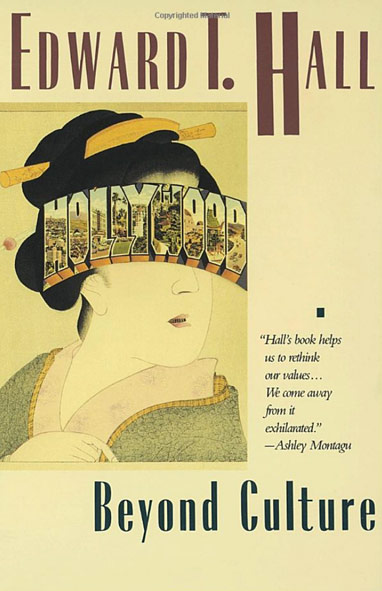
Beyond Culture:
Edward T. Hall and Our Hidden Culture
Report by John Zada
Edward T. Hall, after spending his early adulthood working and travelling among non-Anglophones, both in the United States and in other parts of the world, became cognizant and fascinated in the deeper layers of culture that he claimed lie buried beneath those more obvious forms.
In the series: Our Mind in the Modern World
- An Ancient Brain in a Modern World
- Our Unconscious Minds
- Maintaining a Stable World
- The Multiple Nature of Our Mind
- Connecting with Others
- Morality’s Long Evolution
- Unconscious Associations
- God 4.0
- Multimind: A New Way of Looking at Human Behavior
- Thinking Big
- Social
- The Weirdest People in the World
- The Righteous Mind
- New World New Mind
- Moral Tribes
- The Mountain People
- The Matter with Things
- Humanity on a Tightrope
- Beyond Culture

